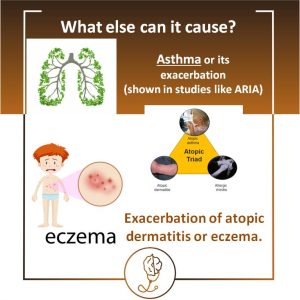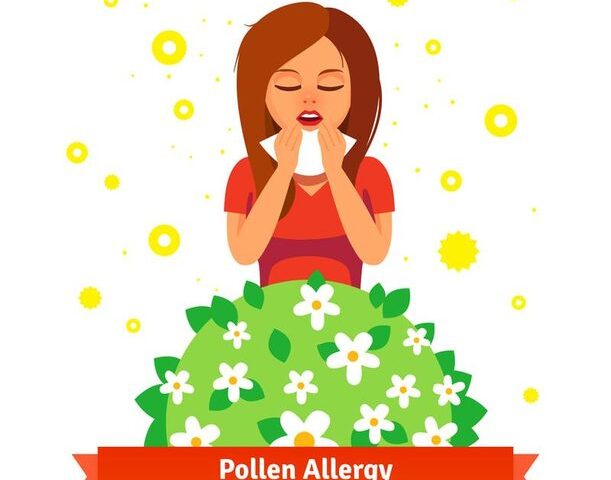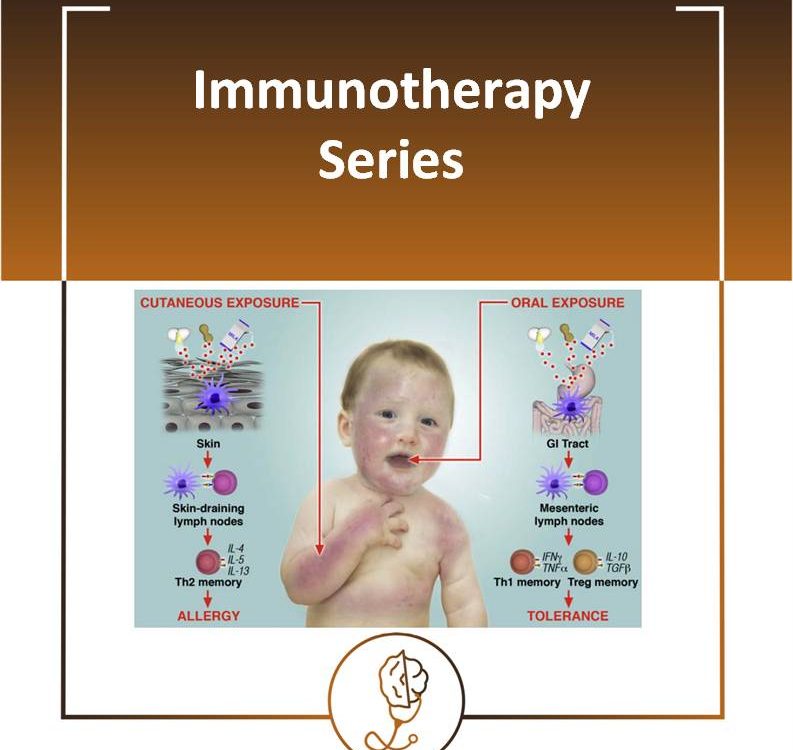Hayfever / Allergic Rhinitis

To wean or not to wean? (Guest Blog)
03/06/2020
Peanut Allergy
10/08/2020As the weather warms up, starts raining less and flowers start blooming, my clinic begins getting filled with (as Prof Warner likes to call them) itchy, sneezy, wheezy patients.
https://www.itchysneezywheezy.co.uk
And this is because they suffer with Allergic rhinitis, which is an inflammation of the nasal mucosa caused by an airborne allergen.
- These can be either tree pollen or grass pollen.
The name Allergic Rhinitis wasn’t used until the 20th Century.
- Initially it was called “Summer Catarrh” as described by Dr Bostock, when an association was made with the hay season.
- Due to that is was then commonly called “Hayfever“, with the name persisting up to now.
The name “Allergic Rhinitis” is the true name of this pathology.
Allergic due to the reaction being made by allergens.
Rhinitis is due to the combination of two Greek words:
- Rhino – Nose
- Itis – Inflammation
The main cause, around Spring and Summer, is Pollen.
Being it from Trees or from Grasses.
But Allergic Rhinits can also be due to other airborne allergens. Such as:
- House dust mites
- Pets
- Moulds
- Cockroaches
- Rodents
On its own, it is not life-threatening.
The main problem is when associated with poorly or uncontrolled asthma.
Can also be troublesome for sufferers of Pollen Food Syndrome/Oral Allergy Syndrome.
The most common symptoms are:
- Sneezing
- Itching: Nose, eyes, ears, palate
- Runny nose
- Blocked nose
- Loss of smell
- Headache
- Earache
- Runny and/or red eyes
- Swollen eyes
- Tiredness

Skin prick tests are the main source for diagnosis.
Blood tests can eventually be done, mainly in primary care.
What to do:
- Control the environment and avoid allergens, mainly by decreasing exposure
- Ask your GP either for medication or referral to an Allergy Service
- Medication – steroid nasal sprays, antihistamine nasal sprays, antihistamine eye drops, oral antihistamines
- Immunotherapy, when the two above did not manage to control symptoms


